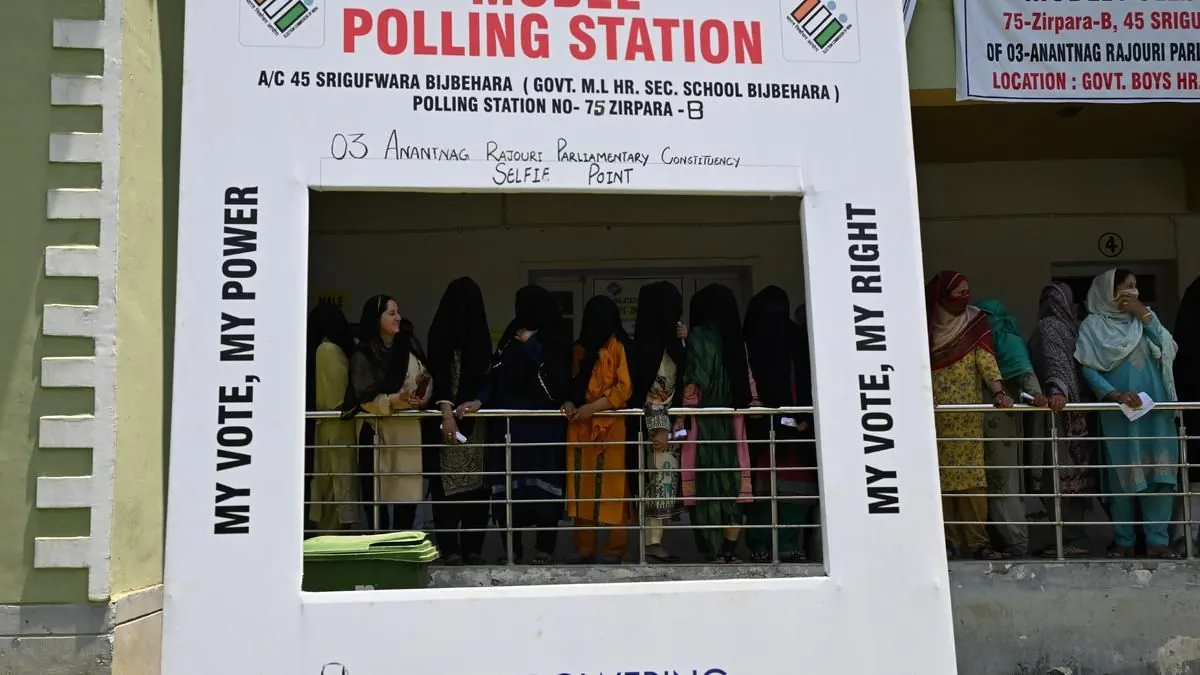India has unveiled plans for a three-phase assembly election in Kashmir, scheduled to commence on September 18, 2024. This marks the first such electoral process since the region's semi-autonomous status was revoked in 2019 by Prime Minister Narendra Modi's government.
The elections will span from September 18 to October 1, 2024, with vote counting set for October 4. This staggered approach allows for the deployment of substantial security forces to maintain order. The region, known for its picturesque landscapes and often referred to as "Paradise on Earth," has been under direct federal control since 2019, managed by appointed administrators rather than elected officials.
It's important to note that Kashmir has been a contentious issue since 1947, with India, Pakistan, and China all laying claim to portions of the territory. The United Nations has passed numerous resolutions on the conflict, yet a resolution remains elusive. The Line of Control (LoC) continues to divide the region between India and Pakistan, with the Siachen Glacier, the world's highest battleground, located in this disputed area.
While the upcoming elections signify a step towards local governance, the assembly's powers will be limited. It will have nominal control over education and culture, but major legislative authority will remain with India's parliament in New Delhi. This arrangement has led to calls from local politicians for the restoration of statehood and full legislative powers.
The region's complex history is reflected in its diverse religious composition, including Muslims, Hindus, Sikhs, and Buddhists. Kashmir is also renowned for its rich cultural heritage, particularly its handicrafts such as Pashmina shawls and intricate carpets. The Dal Lake in Srinagar, famous for its houseboats and floating gardens, stands as a testament to the region's natural beauty.
"While we welcome the announcement of elections, we continue to demand the full restoration of statehood and legislative powers for Kashmir. The current arrangement falls short of true democratic representation."
As Kashmir prepares for this significant electoral process, it's worth noting that the region has faced numerous challenges, including several wars between India and Pakistan and periods of unrest. The 1990s saw a mass exodus of the Kashmiri Pandit community due to militancy, adding another layer to the region's complex socio-political landscape.
The upcoming elections, while limited in scope, represent a pivotal moment in Kashmir's recent history. They offer a glimpse into the evolving governance structure of this historically contested region, rich in cultural diversity and natural beauty, yet marked by decades of conflict and political uncertainty.
